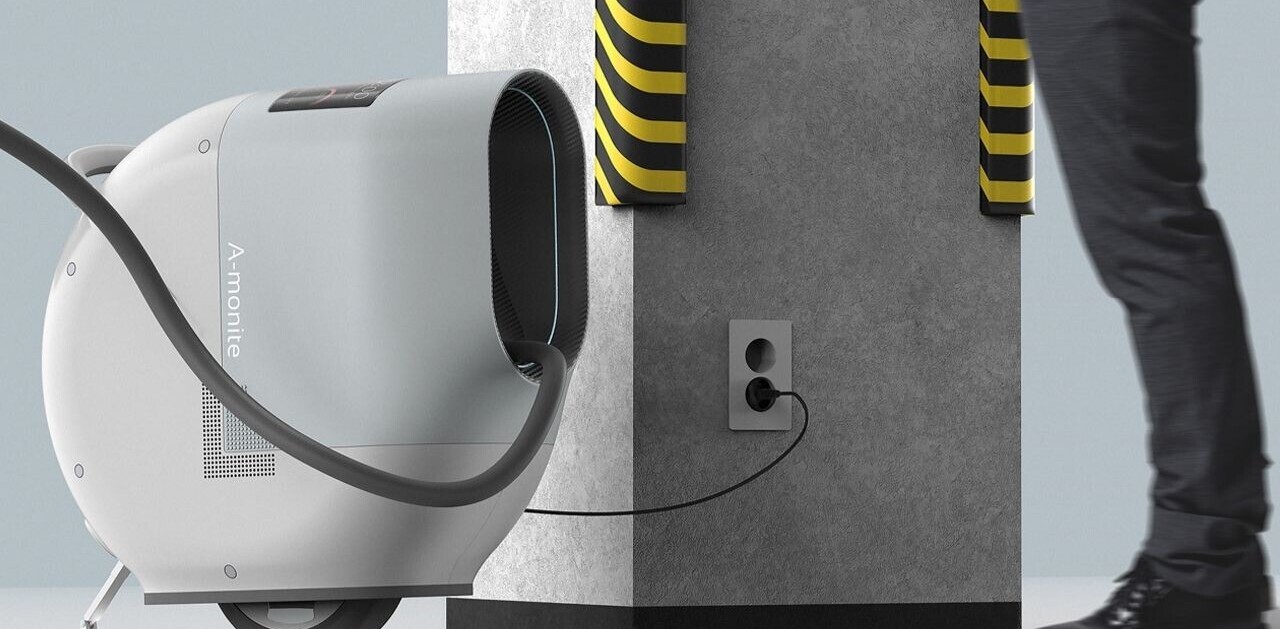
The Roland Corporation is a global powerhouse in the field of music technology. We interviewed Mr. Jun-ichi Miki, Roland Corporation CEO and Representative Director, to find out how the company continues to drive innovation and customer growth.
TNW: How does Roland approach the ‘people who are new to music’ market?
JM: At Roland, our mission is to continuously devote ourselves to bringing a “Waku Waku” experience to everyone in the world. For those that don’t know, “Waku Waku” is a Japanese phrase that describes thrill and excitement, and at Roland we apply this to creative expression.
With this in mind, connecting with non-musicians or ‘sleeping’ musicians is a very big focus for us and is considered within our product development. Looking at our products, within most categories we offer entry-level musical instruments that are simple, fun, and immediately inspiring, all while maintaining Roland’s commitment to premiere sound and build quality. In addition, we have introduced a family of products we call the GO Series, which are specifically designed with the new musician in mind.
TNW: How is learning to play an instrument or produce music different in 2019 than it was 5,10, or 20 years ago?
JM: When we compare the experience of learning to play a musical instrument today to that of five or more years ago, it’s easy to see the positive disruptive influence of technology. Today, many people either start or enhance their learning experience by watching ‘learn to play’ videos on YouTube and other platforms.
Today’s connected instruments such as Roland’s GO:PIANO bring access to device and cloud-based apps and content that can make learning to play more fun, relevant, and social than ever before. These self-learning and social experiences are new to the last few years and will continue to make learning to play an instrument more convenient and accessible to anyone with the creative spark.
TNW: How does Roland implement cutting-edge technology into its hardware/software? People have been playing drums/piano/etc. for centuries — what motivates Roland to continue re- imagining its products decade after decade?
JM: This is an important question which speaks to the core of our mission. We believe that technology is the ‘great enabler’ for bringing creative opportunities to anyone. We also believe that the power of technology to transcend the natural limitations of the physical world will continue to offer enhanced and even totally new forms of expression to creatives. These realities drive us to innovate; it’s simply cultural for Roland.
TNW: What’s the best way to learn a new instrument if you don’t have access to in-person lessons and you can’t afford a fancy online tutor?
JM: While there is no replacing the care and guidance of a professional music teacher, there have never been more technology-enabled, self-learning opportunities for learning to play music. When taking a music lesson is inconvenient, making use of connected instruments, apps, and videos is a great way to get started, or even bridge between in-person or online opportunities with a teacher.
TNW: What are the benefits of learning to play a musical instrument for people in highly technical jobs (engineers, developers, programmers, researchers, etc.)?
JM: There have been volumes of research done which confirm the general health and wellness benefits of learning to play music. Speaking directly to people in highly technical jobs, not only is playing an instrument a great stress reliever, but it has also been shown to have positive impacts on listening, linguistic, spatial and mathematics skills, and more.
TNW: Our readers are primarily interested in science and technology. Some of these people aren’t necessarily interested in buying/learning a traditional instrument because old-school doesn’t excite them — what kind of cool music tech gear is out there for them?
JM: In today’s modern music, DJ controllers such as the Roland DJ-505 and pad-based samplers and drum machines like the Roland SPD-SX, SP-404A, and AIRA TR-8S can be the doorway to modern music-making and performance following a less traditional path. Having said this, many of today’s top producers and performers favor modern interpretations of traditional instruments.
Examples of this would include Roland V-Drums (the world’s most popular electronic drums), the Roland Aerophone (a series of highly expressive and connected digital wind instruments), and the Roland AX-EDGE (a synth keyboard worn like a guitar, aka keytar). Another new avenue would be to use ‘virtual instruments’ such as those offered in Roland Cloud (rolandcloud.com) along with connected ‘controller’ hardware. There is much to choose from.
TNW: Just looking at Roland’s lineup of keyboards and V-drums is daunting. The prices have a wide range, there’s all these features and options and sizes. What should someone who has never held a pair of sticks or played a keyboard be looking for when they set out to purchase their first pieces of gear? Do you recommend specific models for the first-time musician?
JM: While a visit to one of our authorized Roland retailers worldwide can really help to effectively focus the range of choice, here are some general guiding thoughts to help. Within almost every category Roland and BOSS (for the guitar player) offer choices that maintain our standards for quality and innovation at ‘just getting started’ benefits and price points.
For keyboard and wind players, Roland’s ‘GO Series’ are convenient, lightweight, connected, super portable and fun instruments for beginners and returning players alike. For drummers, the Roland TD-1DMK offers professional sounds and playability at the price of a mid-level electric guitar, while the EC-10 Electronic Layered Cajon is the instrument virtually anyone can immediately play and enjoy.
Singers (and gamers) can really have fun with the VT-4 Voice Transformer, which offers automatic tuning and voice-changing effects, while the new or returning guitarist will absolutely want to try the BOSS Katana Air amplifier, which offers completely wireless connection to power, the guitar, and streaming music from your device.
Finally, aspiring DJ/producers will want to take note of the DJ-202 DJ Controller (which include Serato DJ Lite software for macOS and Windows), and as mentioned previously, an affordable monthly subscription to Roland Cloud along with a simple keyboard controller, such as the Roland A-49 and almost any computer-based recording app, may awaken the EDM musician in you.
TNW Conference 2019 is coming! Check out our glorious new location, inspiring line-up of speakers and activities, and how to be a part of this annual tech bonanza by clicking here.
Get the TNW newsletter
Get the most important tech news in your inbox each week.





